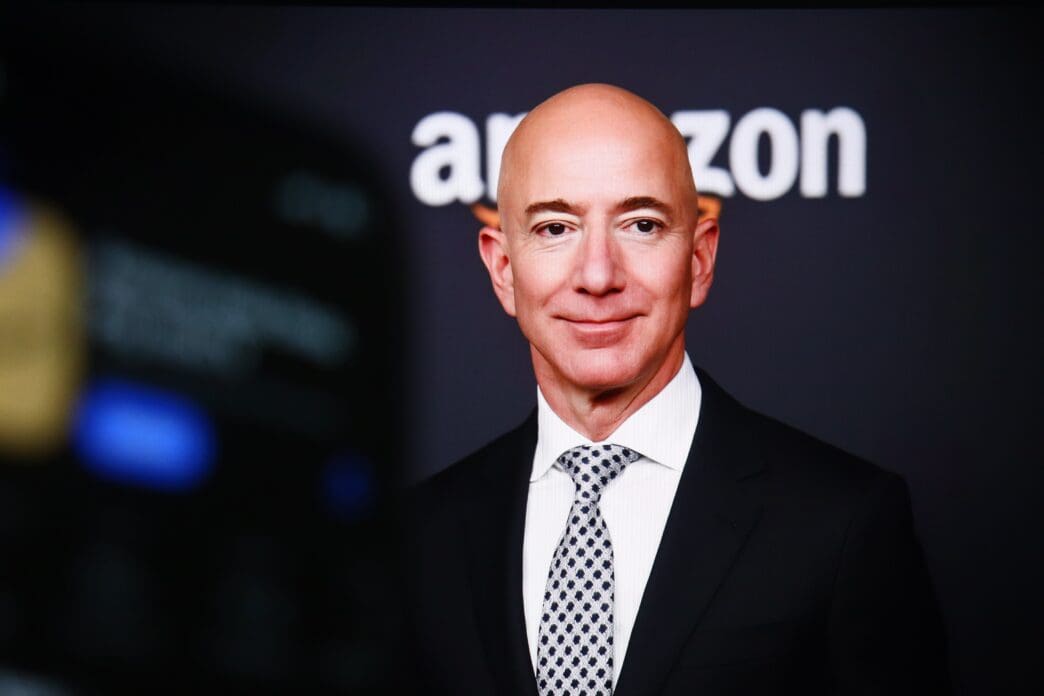Executive Summary
The Story So Far
Why This Matters
Who Thinks What?
Jeff Bezos’s annual shareholder letters stand as a profound masterclass in business strategy, offering an unparalleled glimpse into the foundational philosophies that propelled Amazon from an online bookseller to a global e-commerce and cloud computing behemoth. These meticulously crafted missives, penned by Bezos himself from 1997 until 2020, served not merely as financial updates but as strategic blueprints, articulating Amazon’s relentless customer obsession, long-term vision, and culture of innovation that ultimately underpinned its market dominance and enduring competitive advantage.
The Genesis and Purpose of the Shareholder Letters
Beginning with his inaugural letter in 1997, which famously declared “It’s still Day 1,” Jeff Bezos established a tradition of direct communication with Amazon’s owners. These letters were more than just regulatory disclosures; they were pedagogical tools designed to educate investors, employees, and the wider business community about Amazon’s unique operating principles.
Bezos used this platform to articulate the company’s core values and strategic priorities, often challenging conventional wisdom. He consistently emphasized that Amazon was building for the long haul, often at the expense of short-term profits, a stance that required significant investor patience and understanding.
Key Themes and Amazon’s Strategic Pillars
Across more than two decades, several recurring themes emerged as the bedrock of Amazon’s strategy, each meticulously detailed and reinforced in Bezos’s letters. These principles were not just theoretical constructs but actionable directives that shaped every aspect of the company’s operations and innovation.
Customer Obsession: The North Star
Perhaps the most prominent and consistently highlighted theme is Amazon’s unwavering customer obsession. Bezos famously stated that Amazon started with the customer and worked backward, a philosophy that guided product development and service enhancements.
This deep focus manifested in initiatives like one-click ordering, personalized recommendations, and the relentless pursuit of faster, cheaper shipping, culminating in the creation of Amazon Prime. The “empty chair” anecdote, where Bezos would leave a chair open in meetings to represent the customer, symbolized this central tenet.
Long-Term Thinking and Patience
In a market often fixated on quarterly earnings, Bezos championed a radical long-term perspective. He repeatedly asserted that Amazon was willing to make large, sustained investments in future growth, even if it meant sacrificing immediate profitability.
This strategic patience allowed Amazon to build capital-intensive ventures like its vast fulfillment network and Amazon Web Services (AWS) from the ground up. AWS, initially an internal solution for Amazon’s own infrastructure needs, blossomed into the world’s leading cloud computing platform, a testament to the power of long-term vision.
Willingness to Experiment and Embrace Failure
Bezos’s letters openly discussed the importance of experimentation and the inevitability of failure as a path to significant innovation. He articulated that big wins often require a willingness to endure numerous unsuccessful ventures.
Products like the Fire Phone were notable failures, yet the lessons learned from such experiments fueled subsequent successes. This culture fostered an environment where teams were encouraged to take calculated risks, knowing that missteps were part of the learning process rather than career-ending events.
The Flywheel Effect: A Virtuous Cycle
One of the most powerful concepts articulated was the “flywheel effect,” a self-reinforcing loop where lower prices drive more customer visits, which attracts more third-party sellers, expanding selection and further lowering costs, ultimately leading back to lower prices.
This strategic framework explained how Amazon could simultaneously offer competitive pricing, vast selection, and superior convenience. It illustrated a sustainable growth model that continually reinforced Amazon’s market position.
High Standards and Operational Excellence
Bezos stressed the importance of high standards in every facet of the business, from hiring to product quality and customer service. He argued that truly high standards are infectious and self-propagating within an organization.
This commitment to excellence translated into rigorous operational efficiency, sophisticated logistics, and a culture that constantly sought to eliminate waste and improve processes. The result was a highly optimized global infrastructure capable of delivering on Amazon’s promise of speed and reliability.
Day 1 Mentality: Perpetual Innovation
The “It’s still Day 1” philosophy, introduced in the very first letter and reiterated throughout, encapsulated Amazon’s commitment to continuous innovation, urgency, and avoiding complacency. It encouraged employees to approach every day with the fresh perspective and hunger of a startup.
This mindset demanded constant reinvention, challenging existing assumptions, and aggressively pursuing new opportunities. It ensured Amazon remained agile and responsive in a rapidly evolving technological landscape.
Beyond the Letters: The Legacy of a Vision
The principles laid out in Jeff Bezos’s shareholder letters were not mere academic exercises; they were the living, breathing DNA of Amazon’s strategic execution. They provided a consistent framework for decision-making, allowing the company to diversify aggressively into areas like cloud computing (AWS), digital content (Prime Video, Kindle), and artificial intelligence (Alexa), all while maintaining its core e-commerce dominance.
These letters served as a powerful tool for aligning stakeholders, attracting talent, and, most importantly, articulating a compelling vision for growth that transcended short-term market fluctuations. They demystified Amazon’s seemingly unconventional approach, revealing a deeply logical and consistently applied set of principles.
A Blueprint for Enduring Success
Jeff Bezos’s shareholder letters offer an invaluable case study in sustained business dominance, revealing a strategic blueprint built on radical customer focus, long-term investment, and a relentless pursuit of innovation. By consistently articulating and embedding these core principles into Amazon’s culture, Bezos not only built one of the world’s most valuable companies but also provided a masterclass in strategic communication that continues to influence business leaders globally.








